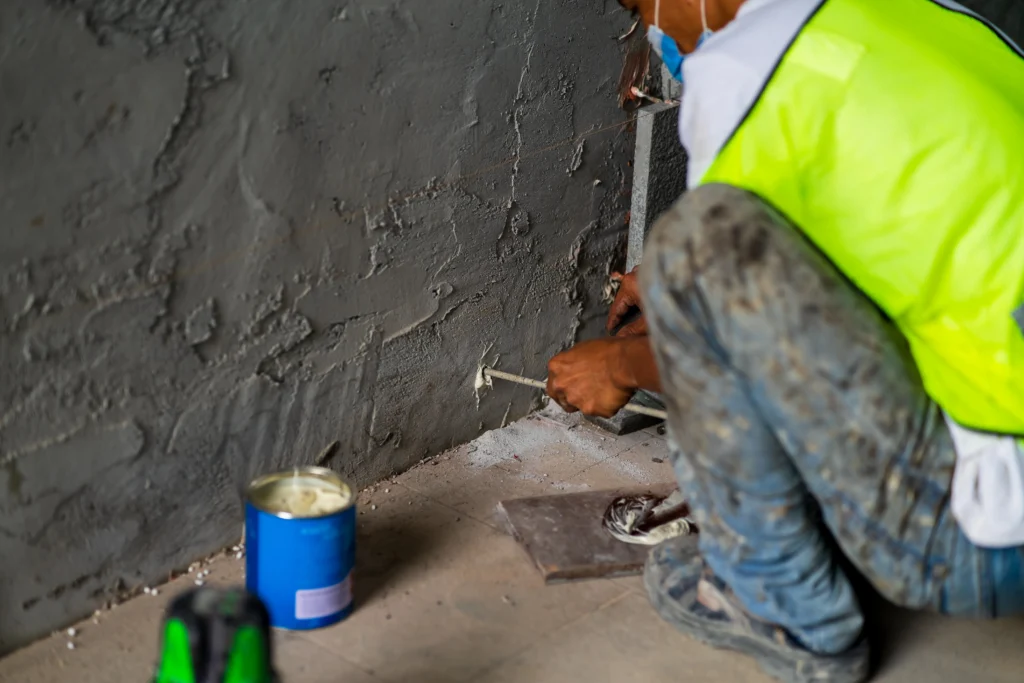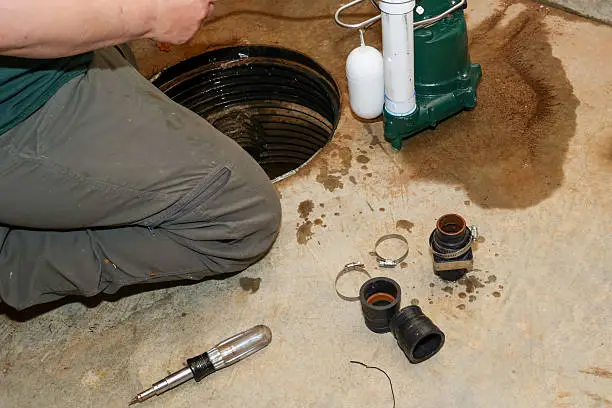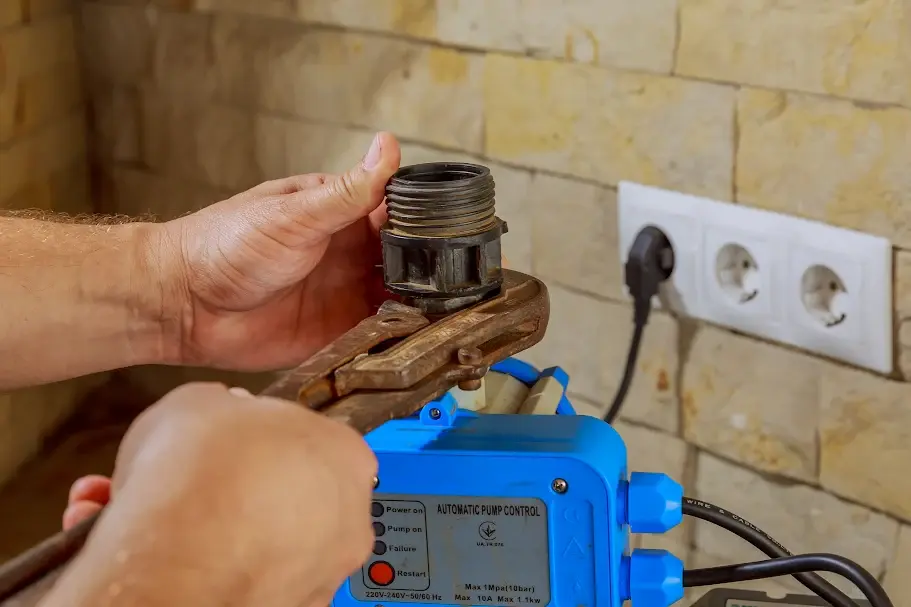Your home’s foundation is more than just concrete beneath your feet — it’s what supports everything above it. When foundation cracks appear, they might seem harmless at first, but they can quickly grow into costly structural issues. Ignoring the warning signs could lead to uneven floors, stuck doors, water damage, or even a loss in property value.
In this guide, we’ll explore the 10 most common warning signs you need foundation crack repair, why they happen, and what you can do to protect your home from serious damage.
Why Foundation Cracks Are More Serious Than You Think
Foundation cracks aren’t just cosmetic flaws — they often signal underlying structural movement or soil instability. When the ground shifts, expands, or contracts, it puts pressure on your foundation. Over time, this pressure causes cracks that allow water to seep in, leading to moisture problems, mold growth, and weakened structural integrity.
Catching these early is critical. The sooner you identify and repair foundation cracks, the less expensive and invasive the repair will be. At Sump Pump Wizards in Seattle, WA, we’ve seen how early intervention can save homeowners thousands in repairs and prevent major structural issues. Homeowners who act quickly can often prevent long-term problems such as foundation settlement, bowed walls, or uneven flooring.

10 Warning Signs You Need Foundation Crack Repair
1. Visible Cracks on Walls or Floors
Hairline cracks in drywall or floor tiles may seem harmless, but if they widen or multiply, they could indicate foundation shifting. Cracks larger than ⅛ inch or that appear at a 45-degree angle are especially concerning.
2. Doors and Windows That Stick or Won’t Close Properly
If your doors or windows suddenly stick, drag, or won’t latch, it may mean your foundation is uneven. Shifting foundations can warp frames, making them difficult to open or close.
3. Uneven or Sloping Floors
Do you feel like you’re walking uphill in your own home? Uneven or sloping floors are classic signs of foundation movement. A level check or professional inspection can reveal how severe the tilt is.
4. Gaps Around Window Frames or Doors
Visible gaps or separations between window frames, doorways, or baseboards often mean the foundation is settling unevenly. These gaps can also allow drafts and moisture to enter, increasing energy costs.
5. Cracks in Brick or Exterior Walls
Cracks running through brickwork or along exterior walls usually mean deeper structural stress. Stair-step cracks in mortar joints are one of the clearest signs of foundation movement.
6. Basement Leaks or Dampness
Moisture in your basement, especially near cracks, indicates water intrusion. Foundation cracks create pathways for groundwater, leading to mold, rot, and damage to your basement or crawlspace.
7. Separation Between Walls and Ceiling
If you notice your ceiling pulling away from your walls, it’s likely due to foundation settlement or shifting load-bearing points. This can weaken your home’s structure over time.
8. Sagging or Bowed Walls
Bowed or leaning basement walls are a serious warning sign. They indicate excessive soil pressure or water saturation behind your foundation, which can cause walls to eventually collapse if not repaired.
9. Cracked or Tilting Chimney
A tilting or cracked chimney often separates from the house when the foundation beneath it moves. Even if your home looks fine otherwise, a crooked chimney is a red flag for foundation damage.
10. Expansion in Existing Cracks (Getting Worse Over Time)
Cracks that continue to widen or grow longer indicate active foundation movement. Mark cracks with a pencil or takes photos to track changes — if they expand, it’s time for professional help.
What Causes Foundation Cracks?
Foundation cracks can form for several reasons, most of which are related to environmental and soil conditions:
- Soil movement or poor compaction during construction
- Water damage or poor drainage around the foundation
- Tree roots drawing moisture from soil near the home
- Seasonal expansion and contraction from weather changes
- Plumbing leaks beneath the slab
Understanding these causes helps you address the root of the problem, not just the symptoms. Regular maintenance — like grading soil away from your home and keeping gutters clean — can reduce stress on your foundation.
Professional Foundation Crack Repair Solutions
While DIY sealants might seem like a quick fix, they only mask the problem. Professional foundation repair specialists use advanced methods that target the source of the issue.
Some common repair options include:
- Epoxy or polyurethane injections: Seal cracks and restore strength to the concrete.
- Piering or underpinning systems: Stabilize the foundation by anchoring it to deeper, stable soil.
- Wall anchors or braces: Correct bowing walls and prevent further movement.
- Drainage and waterproofing solutions: Redirect water away from the foundation to prevent recurring damage.
A qualified foundation repair contractor can assess your home, identify the cause, and recommend the most cost-effective solution.
Protect Your Home’s Value with Early Foundation Repair
A strong foundation equals a strong home. Addressing foundation cracks early not only prevents serious damage but also protects your home’s value and safety. Small repairs now can save you thousands of dollars later — and give you peace of mind knowing your home is stable and secure.
If you’ve noticed any of the warning signs above, don’t wait until cracks spread or floors become uneven. Schedule a professional foundation inspection and repair before the problem escalates.
Conclusion
Foundation cracks are more than just unsightly — they’re warning signs that your home needs attention. From visible wall cracks to sticking doors and sagging floors, these issues can signal deeper structural movement. By acting quickly, you can prevent costly repairs, protect your investment, and ensure your home stays safe for years to come.
Don’t ignore the warning signs — contact a trusted foundation repair specialist to inspect and repair your foundation before minor cracks turn into major problems.
FAQs
- What happens if you don’t fix foundation cracks?
Unrepaired foundation cracks can lead to water intrusion, mold growth, uneven floors, and serious structural instability over time. - How much does foundation crack repair cost?
Costs vary depending on the damage type and repair method. Minor crack sealing may cost a few hundred dollars, while full structural stabilization can range into the thousands. - Can I fix a small foundation crack myself?
Hairline cracks may be sealed temporarily with epoxy, but if cracks grow or water seeps through, it’s best to call a professional to assess the damage. - What causes new cracks to appear in old homes?
Older homes naturally settle, but changes in soil moisture, poor drainage, or plumbing leaks can accelerate cracking and foundation movement. - How do I know if my foundation crack is serious?
Cracks wider than ⅛ inch, or those that expand over time, are serious. Horizontal or stair-step cracks are especially concerning and need immediate inspection.




